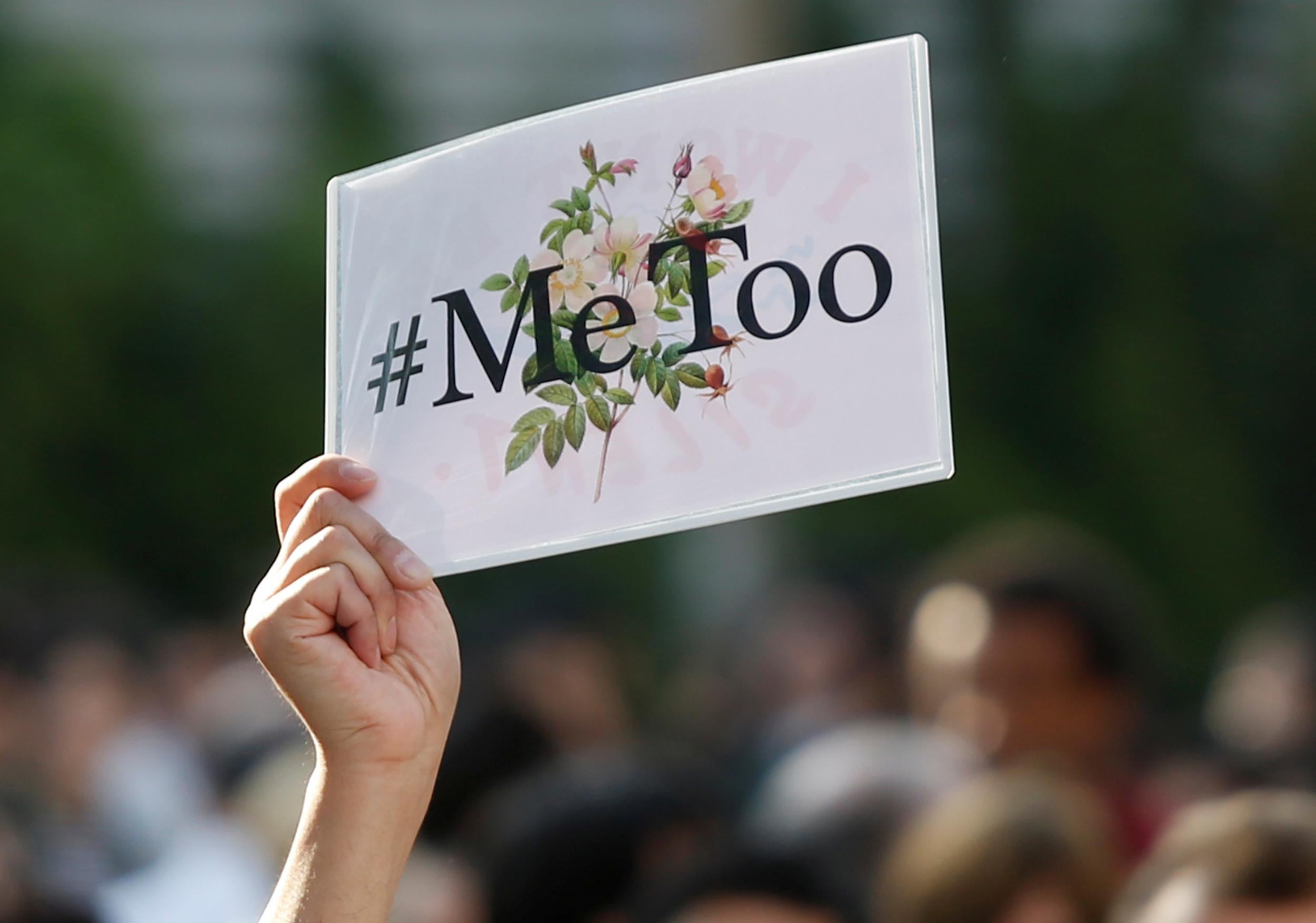The biggest question about the mystery businessman who brought an injunction against the Telegraph is why he bothered
Based on the evidence, he’d face a few days of bad press, maybe have to cancel a few parties, and then it’d be business as usual. By the same token, it’s difficult to see why the injunction was granted


Your support helps us to tell the story
From reproductive rights to climate change to Big Tech, The Independent is on the ground when the story is developing. Whether it's investigating the financials of Elon Musk's pro-Trump PAC or producing our latest documentary, 'The A Word', which shines a light on the American women fighting for reproductive rights, we know how important it is to parse out the facts from the messaging.
At such a critical moment in US history, we need reporters on the ground. Your donation allows us to keep sending journalists to speak to both sides of the story.
The Independent is trusted by Americans across the entire political spectrum. And unlike many other quality news outlets, we choose not to lock Americans out of our reporting and analysis with paywalls. We believe quality journalism should be available to everyone, paid for by those who can afford it.
Your support makes all the difference.A businessman has been granted an injunction against the Telegraph, preventing the publication of details about various allegations of sexual harassment and racial abuse of staff.
The newspaper has claimed that the accusations “would be sure to reignite the #MeToo movement” in Britain, but I’m not so certain this is true.
In fact, one of the most surprising aspects of this case is the fact that the accused businessman bothered to block the publication of the allegations at all. It’s not as though history indicates he would face any real consequences.
Look at the Presidents Club scandal, which emerged earlier this year. Reports of sexual harassment at the annual Presidents Club charity dinner, attended by some of the UK’s leading businessmen – and only men, because women did not get a seat at this table – were exposed by the Financial Times.
An undercover reporter described widespread groping and propositioning of the female hostesses. The prizes up for auction also came with a side of sexism: one lot involved a free lapdance, while another offered plastic surgery to “add spice to your wife”.
Some of the biggest names in the City were linked to the event – another prize on offer was tea with Bank of England governor Mark Carney – but the fallout has had barely any impact.
The Presidents Club Charitable Trust has been shut down, but the absence of the trust shouldn’t stop anyone of a charitable bent making donations to any of the causes it championed.
And businessman David Meller, who was co-chair of the Presidents Club, resigned his position on the board of the Department for Education and as a trustee of the Mayor’s Fund for London.
This may have thrown a spanner in the works in terms of his prospects of a peerage, but in the grand scheme of things, he didn’t come to much harm. After all, most people don’t get a peerage, and they somehow manage to brush off the disappointment.
As for the businessmen who attended? They might have been censured by the companies they work for but if they were, that did not become public knowledge. So as far as we all know, they suffered no major consequences.
The dinner was an annual event that ran for more than 20 years. There’s nothing to suggest that this year’s shindig was an outlier in terms of the lewd, crude behaviour the guests indulged in. The idea that some of the country’s most influential figures took part in this type of spectacle more than once is abhorrent.
Yet less than a year later, the scandal of the dinner has been all but forgotten – probably not by the women who had to work in those horrible conditions, but the men involved have been able to move on.
So it begs the question: why did the anonymous businessman bother trying to stop the Telegraph from covering his alleged transgressions?
Based on the evidence, he’d face a few days of bad press, maybe have to cancel a few parties, and then it’d be business as usual.
By the same token, it’s difficult to see why the injunction was granted. The public interest in reporting on the kind of behaviour this businessman is accused of has surely been proven by the wave of support for #MeToo.
That movement was only ignited after so many people came forward to share their experiences of sexual harassment and abuse that the issue became impossible to ignore.
The media should be empowered to report such incidents, because locking these stories merely allows people who abuse their positions of power to continue doing so.
Join our commenting forum
Join thought-provoking conversations, follow other Independent readers and see their replies
Comments